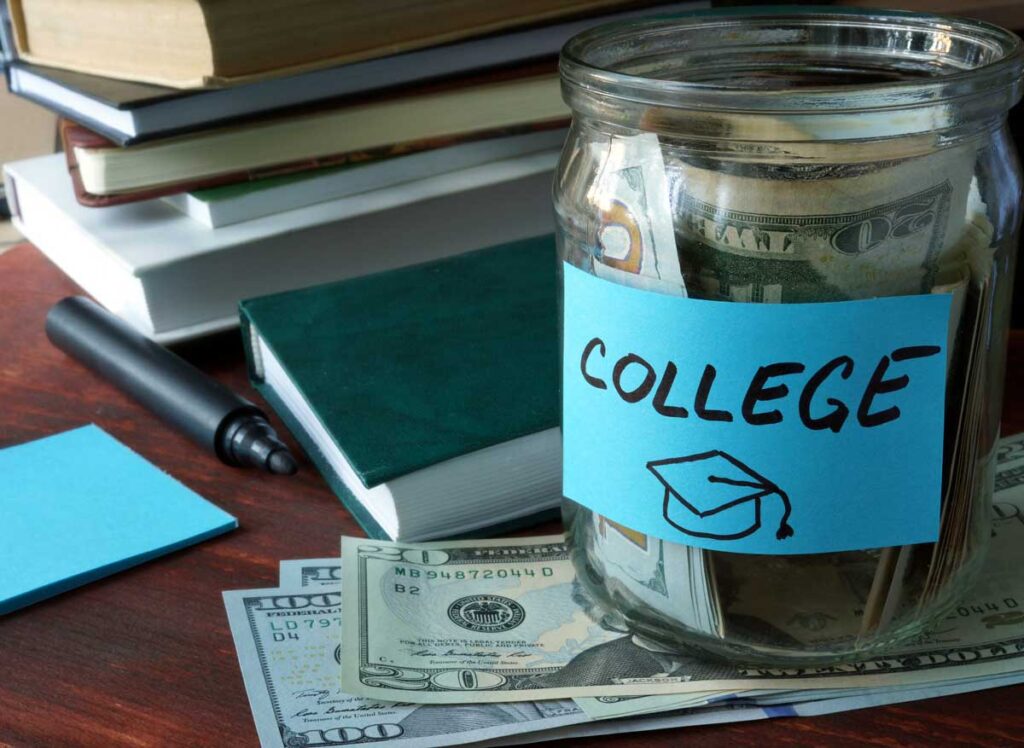Some time ago, I read The University, an Owner’s Manual (published in 1990), by Henry Rosovsky former Dean of Harvard’s Faculty of Arts and Sciences. Rosovsky’s book focuses on his experiences as the undergraduate Dean and a faculty member at Harvard and provides commentary on managing academics at universities. There is a dialogue in Rosovsky’s book that I think of often. As Dean, he entertained a group of prospective students who had been admitted to Harvard through its Early Decision process. One of the students asked for a special meeting and told Rosovsky that he was being pressured to select Harvard by his father (a Harvard alum) but that he had also been accepted into Haverford and Brown and was considering Haverford. Rosovsky provides an explanation of the differences between liberal arts colleges (Haverford) and university colleges (Harvard). He provides a definition of teaching versus research (approximately 50/50) and teaching undergrads versus graduates (approximately 50/50) at Harvard and other universities. He contrasts that with the liberal arts colleges where most of the focus is on classroom teaching.
When I first read Rosovsky’s book, I thought about my experience as a student, which was similar to the description under the university college. I thought about the teachers that I considered great teachers during my years as an undergraduate at Duke University. Seymour Mauskopf (history), James Charlesworth (religion) (currently the George L. Collord Professor of New Testament Language and Literature and Director of the Dead Sea Scrolls Project at Princeton Theological Seminary), James Bonk (chemistry), Richard Hodel (mathematics), and Calvin Davis (history) were at the top of my list for instructors who provided me with inspiration in my learning. I created a similar list for my graduate school experience at Tulane University. Stephen Zeff (accounting) (now the Herbert S. Autrey Professor of Accounting at Rice University), Larry Arnold (operations research), Ed Strong (marketing), Jim Murphy (finance), Anthony Hope (accounting), Richard Hays (organizational behavior), Bill Mindak (marketing), James Linn (accounting), Kenneth Boudreaux (finance), Victor Cook (marketing), and David Harvey (accounting) came to mind.
Thirty years later, the number of memorable instructors for my graduate school is double the number of memorable instructors for my undergraduate years which were also double in length (four versus two). I don’t know if others who attended university colleges had a similar experience or not. I enjoyed my years at both institutions. I waived out of a number of required general education courses at Duke through Advanced Placement and Achievement tests, so I don’t attribute my lower number of memorable teachers to a year or two of required courses similar to my high school curriculum. I happen to believe that the diversity of the undergraduate curriculum, the restricted access of some upper level courses to program majors only, the fact that some courses were taught by graduate students versus full professors, AND the more focused nature of graduate school provided me with more qualified instructors and led to a better teaching/learning experience as a graduate student. I would be interested in others’ perspectives on this topic, particularly if you attended a liberal arts college before attending graduate school.










